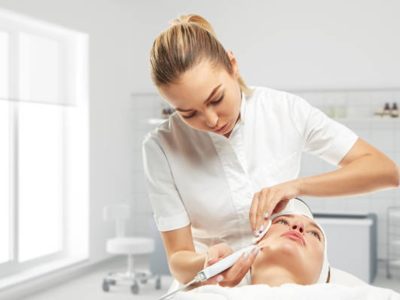Orthodontic care isn’t for kids and teens alone. As an adult, you can also benefit from seeing an orthodontist. There are many reasons why you may need to book an appointment. Probably, you are unhappy with the alignment of your teeth. In some cases, a bad bite could be an immediate reason to see an Irving Texas orthodontist. If this is your first appointment, you are likely to feel embarrassed and anxious. Here’s what you can expect during the session.
Things to know
Orthodontics is a specialized branch of dentistry, and orthodontists need to complete three additional years of training to become experts in the field. While many general dentists may offer braces, an orthodontist specializes in preventing and treating common concerns, such as bad bites, unaligned teeth, and malocclusions.
The first appointment
Once you have booked the appointment, you will have to be on time at the clinic, and the following is likely to happen –
- The staff may ask you to fill out a few forms, and your orthodontist will review your medical and dental history. As you step in, they will ask about your concerns.
- The next step is a detailed oral exam, where the orthodontist will ask questions about jaw function if you have headaches and other symptoms.
- Your orthodontists may also rely on imaging tests to get an accurate diagnosis, which will help plan the treatment. Today, 3D scans are often used for a better view.
- You will learn about the treatment options after this. Your orthodontist will explain the pros and cons, along with risks and costs, in detail. They will also give you an overview of what to expect from a particular treatment.
- If you wish to take time, you can schedule a second appointment, or your orthodontist will start planning the next steps.
You can avoid metal braces
Many adult patients don’t want to see an orthodontist because they are worried about getting braces, which don’t look pleasant. Thankfully, there are options like Invisalign, which are much better. Clear aligners are almost invisible and can be removed, ensuring you don’t compromise on oral hygiene or eating habits. Invisalign and other clear aligners are best suited for mild to moderate orthodontic issues, and your orthodontist is the best person to advise on whether you are an ideal candidate.
Make sure to meet an orthodontist if you are worried about teeth clenching or an underbite.













Comments